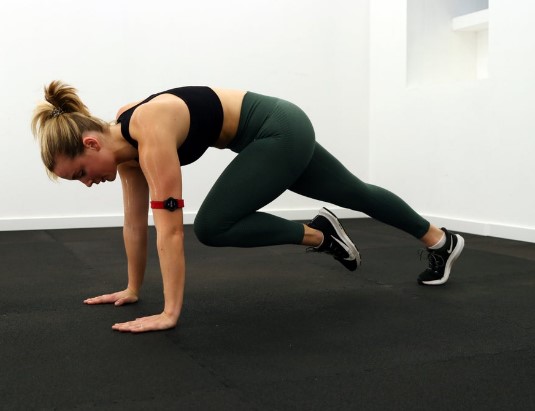
According to a recent post on AthletechNews, a study in Copenhagen has revealed the benefits of high-intensity interval training on the human skeletal muscle.
HIIT is proving to be an excellent way for people to get in shape by increasing the number of proteins in muscles and using them to produce energy. The changes that happen as a result of HIIT workouts may also chemically alter essential metabolic proteins.
Added to the health benefits of HIIT, new research from the University of Copenhagen found that doing low-intensity exercises alongside high-intensity intervals may increase metabolism. This could prompt more research in this area, and yield even more findings.

Morten Hostrup, Associate Professor at the Department of Nutrition, Exercise, and Sports at the University of Copenhagen, Denmark notes that "exercise has many beneficial effects that can help prevent and treat metabolic diseases."
For five weeks, the researchers had eight male volunteers exercise for four minutes at a target heart rate of more than 90% of their maximum heart rate, followed by two minutes of recovery. The cycle was repeated four to five times per workout.
Mass spectrometry was used to examine the change in the composition of 3,168 proteins in contact with tissue samples collected from the volunteers’ thighs before & after the training.
Researchers have identified new changes in skeletal muscle proteins after exercise, including reduced calcium sensitivity. This may help explain why exercise becomes increasingly difficult the more tired an athlete gets and also suggests that increased metabolism may be the result of proteins becoming more acetylated due to exercise.
Using state-of-the-art proteomics technology, our study provides new information about how skeletal muscle adapts to exercise training, including the identification of novel exercise-regulated proteins and acetyl-sites.” says co-corresponding author Atul Deshmukh, Associate Professor at the Novo Nordisk Foundation Center for Basic Metabolic Research, University of Copenhagen. “We hope our study will help inspire future studies into how exercise can improve human metabolic health.





 27 Oct 2022
27 Oct 2022
